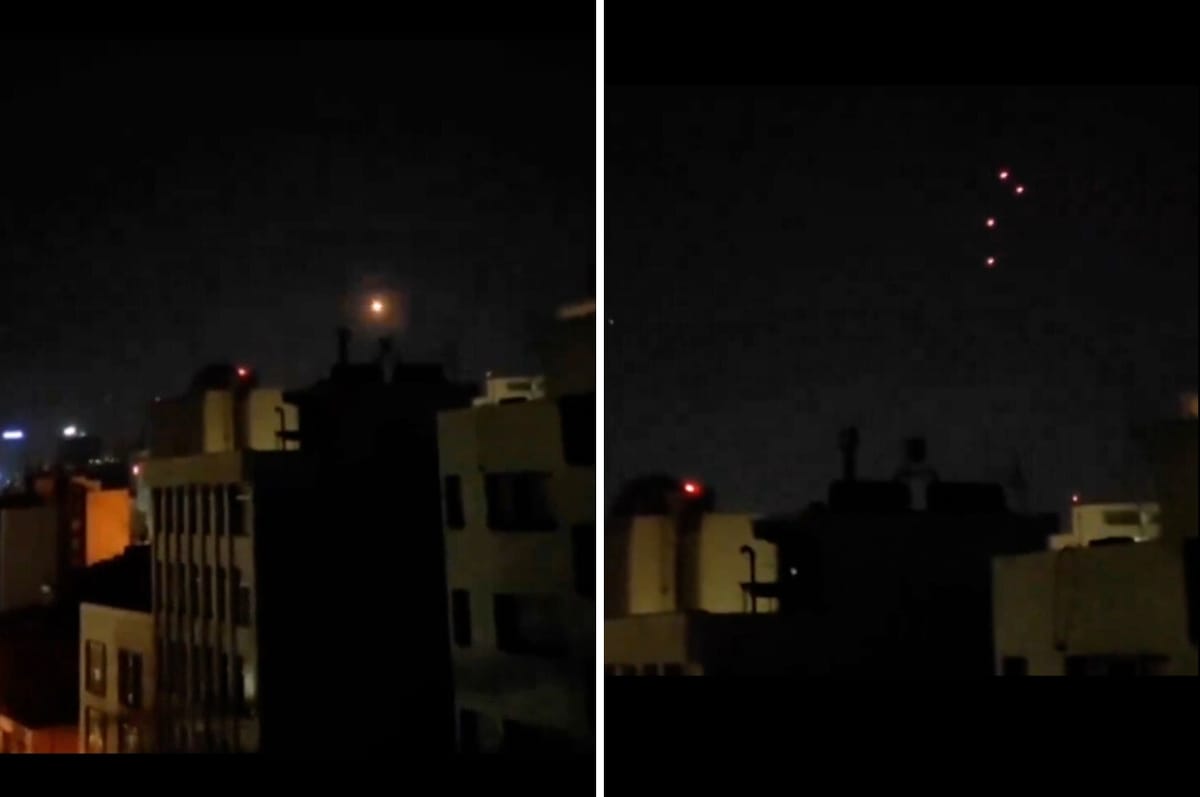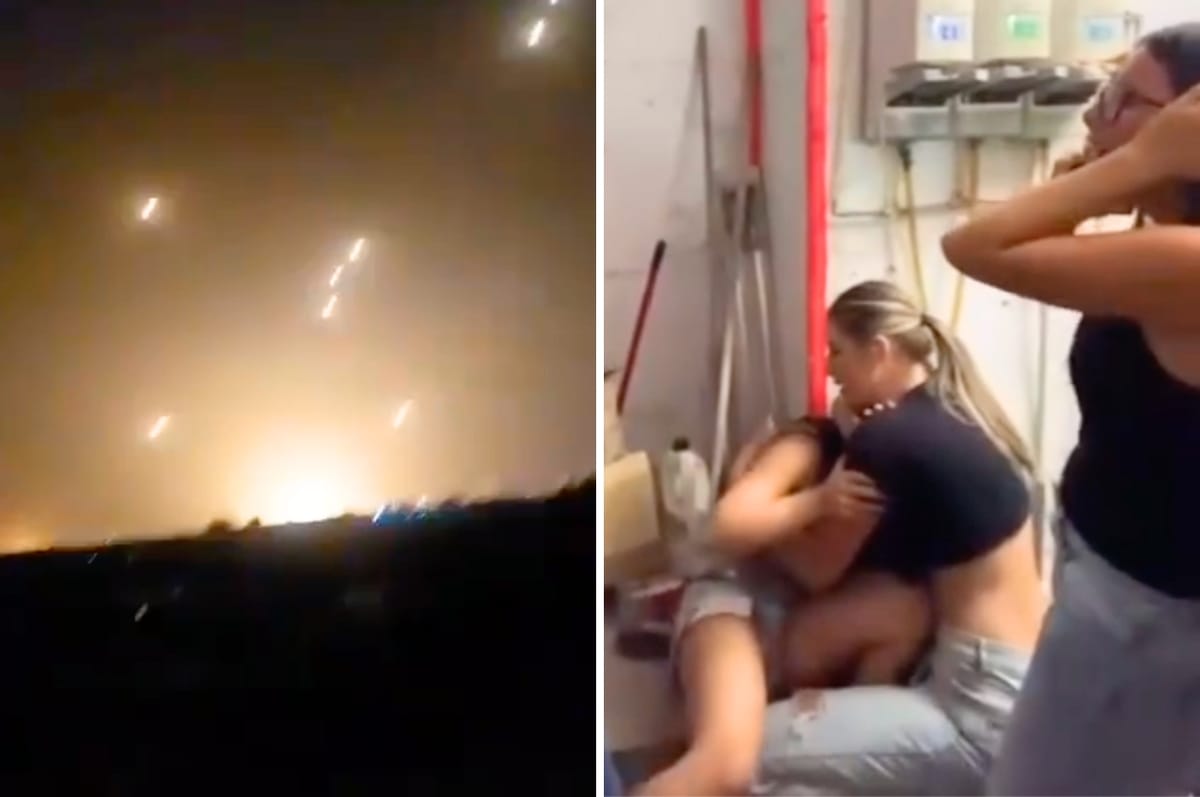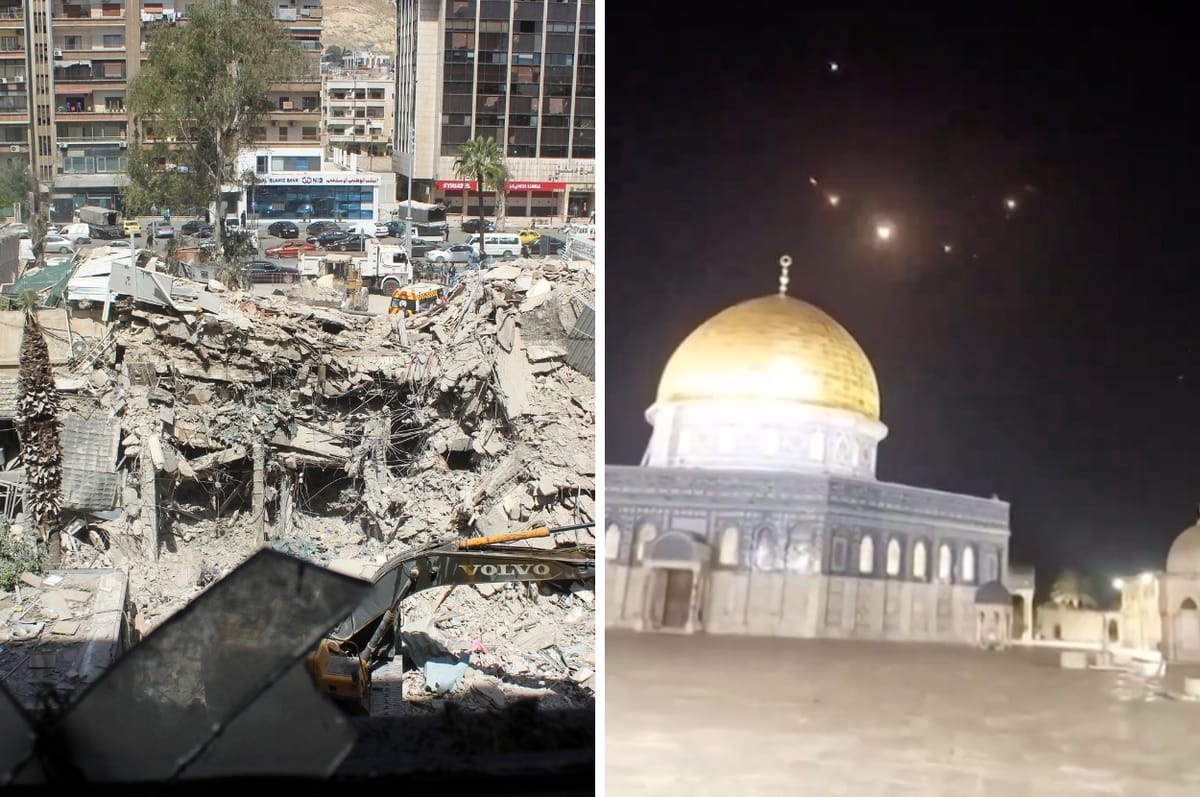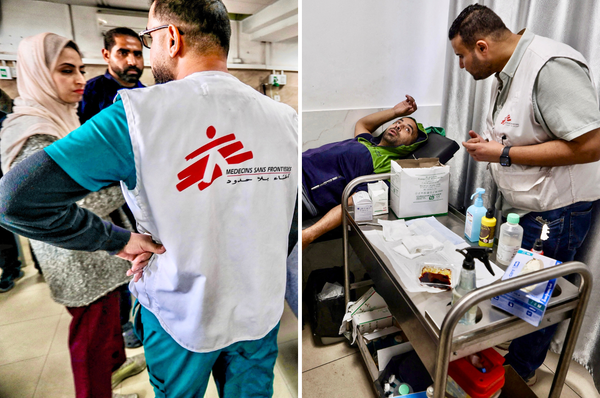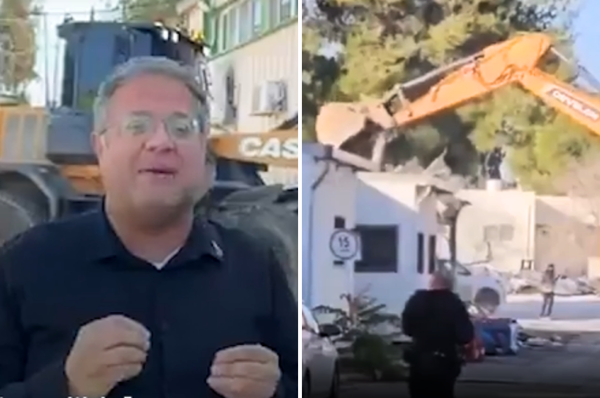After Israel Bombed Iran’s Nuclear Sites Unprovoked, Iran Has Retaliated By Firing Dozens Of Missiles On Israel
Iranian authorities reported at least 78 people were killed during the attacks, including top military commanders and nuclear scientists, as well as women and children.
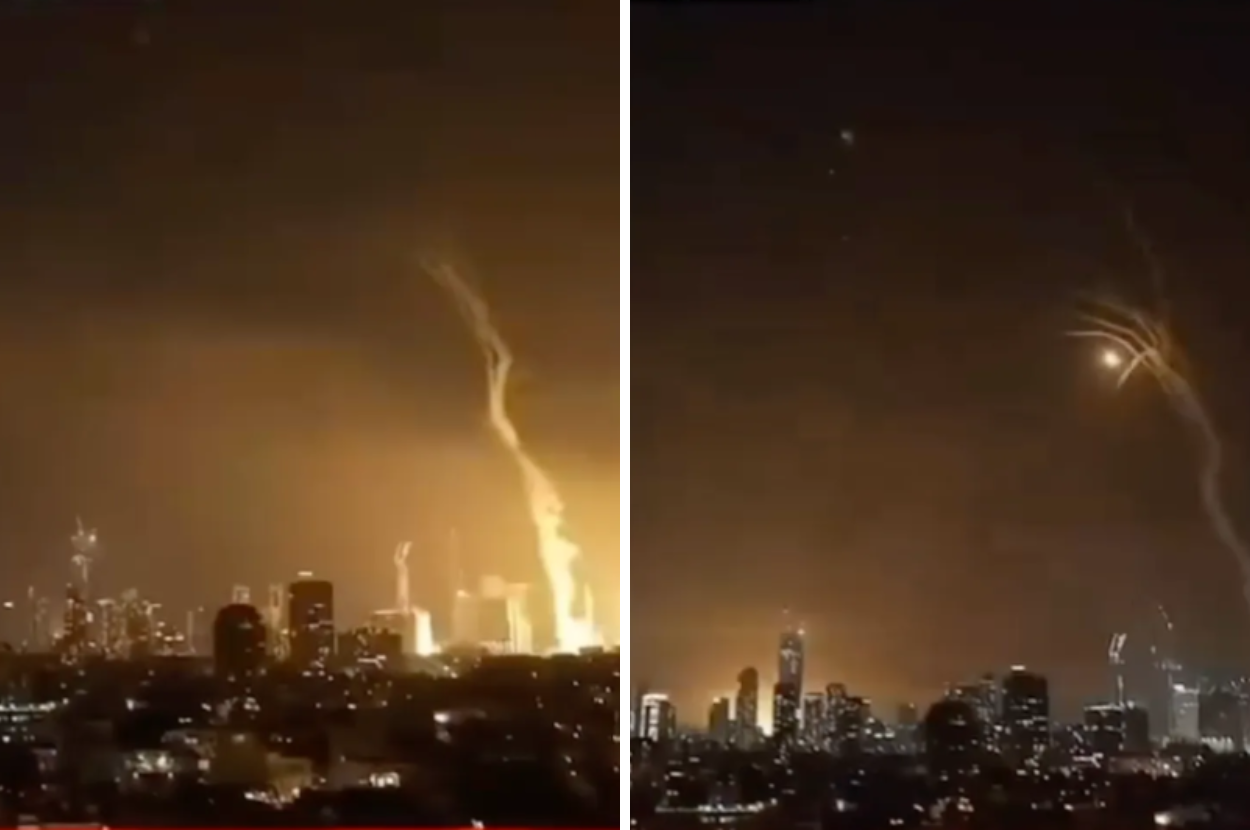
Israel and Iran have fired dozens of missiles at each other after Israel launched a large-scale, unprovoked attack on Iran’s nuclear and military facilities on Friday, June 13.
The Israeli airstrikes, which were launched in the early morning, hit more than 100 targets across Iran, including the country’s capital Tehran and Natanz, where Iran’s main uranium enrichment facility is located.
Iranian authorities reported at least 78 people were killed during the attacks, including top military commanders and nuclear scientists, as well as women and children.
Israeli prime minister Benjamin Netanyahu announced in a pre-recorded message that Iran’s nuclear and military facilities are a “threat to Israel's very survival", adding the operation will “continue for as many days as it takes to remove the spread”.
The International Atomic Energy Agency (IAEA) states that nuclear sites must never be attacked as this may cause radioactive releases with grave consequences for people, the environment and international peace and security, as well as undermine nuclear safety, security and safeguards.
After Israel’s attack, the IAEA said that there was no signs of an increase in radiation levels at Natanz, Al Jazeera reported.
Following Israel’s attacks, Iran’s supreme leader Ayatollah Ali Khamenei said Israel initiated a war and told it to prepare for a “bitter and painful fate”.
Later that night, Iran then launched about a hundred missiles towards Israel, with Israel’s defense system, the Iron Dome, intercepting most of the missiles, according to the Israeli military.
The US military also helped to shoot down several missiles headed for Israel, two US officials told Reuters.
Israeli health officials said at least 21 people were injured due to the attacks and Israel has since declared a state of emergency.
The attacks have sparked widespread concerns from world leaders of a full-blown war breaking out in the region, and the UN Security Council convened an emergency meeting.
